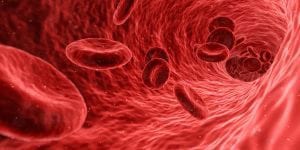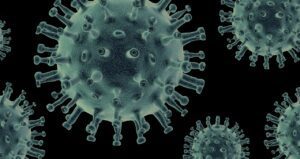Langerhans Cell Histiocytosis (LCH)
What is Langerhans cell histiocytosis (LCH)?
Langerhans cell histiocytosis (LCH) is a rare inflammatory disorder that is characterized by excessive Langerhans cells or histiocytes, a form of white blood cell found in healthy people that protects the body from infections. In LCH, these cells multiply and build up in certain areas of the body, causing tumors, called granulomas, to form. These tumors in turn can affect other parts of the body, such as the bones, and spread to other areas. It primarily affects children, but is also found in adults of all ages.What causes Langerhans cell histiocytosis (LCH)?
The exact cause of LCH is still largely unknown, but some suspect that it may be triggered by an unusual reaction of the immune system to something commonly found in the environment or caused by mutations in a cell signaling pathway known as the MAPKinase pathway. In addition, lung LCH is strongly associated with smoking. LCH is not considered to be an infection nor cancer and is not known to be hereditary or communicable.What are the symptoms of Langerhans cell histiocytosis (LCH)?
The symptoms of LCH vary from person to person, depending on the areas of the body affected and the extent of the disease. LCH can affect almost every organ, including skin, bones, lymph nodes, bone marrow, liver, spleen, lungs, thymus, central nervous system, etc. The following are symptoms that may be observed in LCH:- Red, scaly papules on the skin
- Lesions that cause bone destruction
- Swollen lymph glands
- Jaundice, low levels of protein, and prolonged clotting time in the liver
- Altering of the hormonal function in the central nervous system
- Vision problems or bulging eyes
How is Langerhans cell histiocytosis (LCH) diagnosed?
After a thorough clinical evaluation and a review of patient and family history, LCH may be diagnosed using a bronchoscopy with a biopsy, an x-ray, skin or bone marrow biopsy, complete blood count, and pulmonary function tests. Since LCH is sometimes associated with cancer, CT scans and additional biopsies should also be done to rule out possible cancer.What are the available treatments for Langerhans cell histiocytosis (LCH)?
Treatment for LCH depends on the individual patient, and it may differ depending on the type and severity of the individual case. For example, in some mild cases of LCH, the disease has been known to regress without any formal treatment. In other cases, LCH can be treated with surgery or with the injection of steroids, such as prednisone or cytarabine, but the specific steroids used are dependent on the type of lesions that form and their location.Where can I find more information on Langerhans cell histiocytosis (LCH)?
Langerhans Cell Histiocytosis (LCH) Articles



Girl with Langerhans Cell Histiocytosis Receives New Playset
Jessica Lynn
September 7, 2022
Read More »



New Publication: NCCN Guidelines for LCH, ECD, Rosai-Dorfman Disease
Jessica Lynn
March 17, 2021
Read More »








